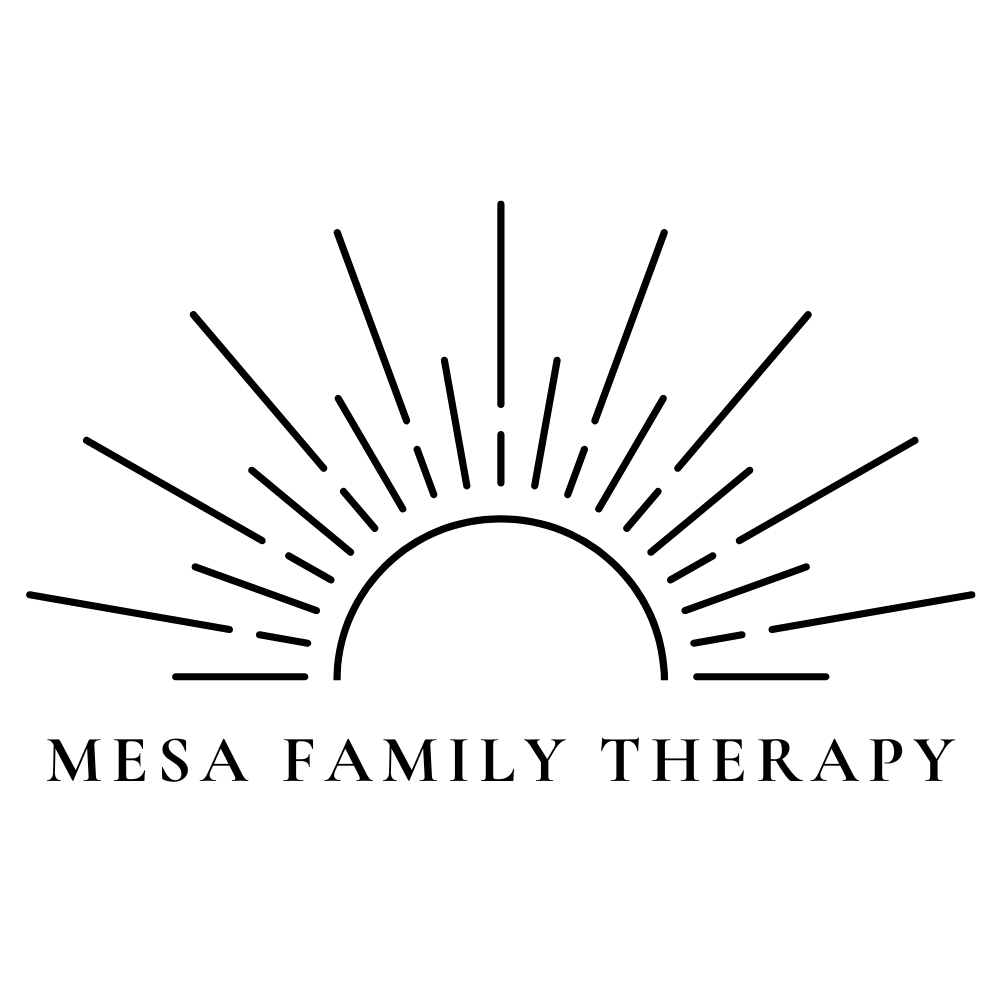Group therapy is an effective form of psychotherapy that brings together individuals facing similar challenges to explore, share, and resolve their concerns in a supportive environment. It can be a powerful tool for adults and parents who are navigating stress, mental health issues, or life transitions.
What Is Group Therapy?
Group therapy is a structured therapeutic approach where individuals meet under the guidance of a trained mental health professional. These sessions are designed to foster interpersonal learning, self-awareness, and mutual support. Participants typically share their experiences, receive feedback, and develop coping strategies in a confidential and collaborative setting.
Group therapy leverages the power of connection to help individuals address personal issues, improve social skills, and build resilience. It’s a versatile format that can be customized to target specific concerns such as anxiety, depression, parenting challenges, and more.
Benefits of In-Person Group Therapy
In-person group therapy offers unique advantages that can enhance the therapeutic experience:
1. Immediate Human Connection
Being physically present with others fosters a sense of camaraderie and trust. The nonverbal cues, such as body language and facial expressions, enrich communication and deepen understanding among group members.
2. Distraction-Free Environment
Meeting in a designated therapy space minimizes distractions, creating a focused atmosphere conducive to open sharing and active listening.
3. Structured Routine
Attending in-person sessions often encourages participants to adhere to a consistent schedule, which can reinforce commitment and accountability.
4. Access to Tangible Resources
In-person therapy may include access to physical tools and resources, such as handouts, art supplies, or therapeutic props, that enhance engagement and learning.
5. Stronger Group Cohesion
Face-to-face interactions create a deeper sense of connection and trust among participants, enhancing group cohesion and support.
6. Enhanced Nonverbal Communication
In-person sessions allow therapists and group members to interpret nonverbal cues, such as tone, facial expressions, and gestures, providing a richer communication experience.
Group Therapy for Adults and Parents
Group therapy is particularly beneficial for adults and parents. Here’s how it can help:
1. For Adults
Adults often face stress from work, relationships, or personal challenges. Group therapy provides a safe space to:
- Share struggles and solutions
- Develop better communication skills
- Enhance self-awareness and emotional intelligence
- Strengthen problem-solving abilities
2. For Parents
Parenting can be overwhelming, and group therapy offers invaluable support for navigating its complexities. Parents can:
- Gain insights from others with similar experiences
- Learn effective parenting strategies
- Build a sense of community to reduce feelings of isolation
- Develop coping techniques for parenting stress
FAQ: Common Questions About Group Therapy
What do you do in group therapy?
In group therapy, participants discuss their concerns and experiences in a structured environment. Activities may include sharing personal stories, engaging in therapeutic exercises, and receiving feedback from both the therapist and other group members. Sessions often focus on building coping skills, enhancing self-awareness, and fostering a sense of community.
What are the three types of group therapy?
The three common types of group therapy include:
- Support Groups: Focus on shared experiences, such as parenting challenges or chronic illness.
- Psychoeducational Groups: Provide information and skills training on specific topics like stress management.
- Process-Oriented Groups: Explore emotional and interpersonal dynamics within the group.
What is an example of a therapy group?
An example of a therapy group might be a weekly session for parents managing the challenges of raising children with special needs. In these sessions, participants share their experiences, learn effective coping strategies, and gain support from others facing similar circumstances.
What are the 4 stages of group therapy?
The 4 stages of group therapy are:
- Forming: The group comes together and establishes trust.
- Storming: Participants may experience conflicts as they adjust to the group dynamic.
- Norming: The group develops cohesion, with members working collaboratively.
- Performing: Members actively engage in growth and therapeutic progress.
Final Thoughts
Group therapy offers a unique opportunity to connect with others while addressing personal challenges. By fostering mutual support and learning, it provides tools for meaningful growth and healing. The shared journey of therapy can be a transformative experience for those who participate in person.

Location
Crossroads: Greenfield Road and Brown Road
Call or Text
480-937-2860
